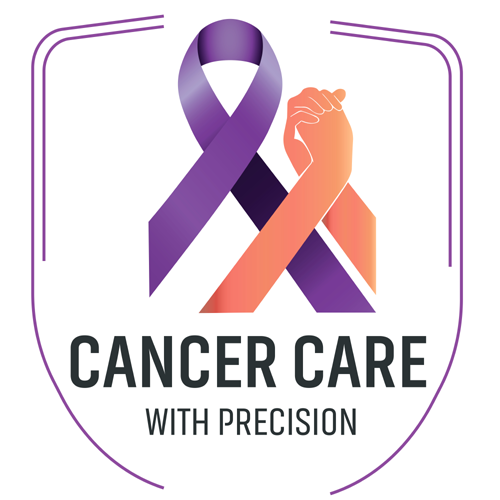
Targeted Therapy
Targeted therapy or molecularly targeted therapy is one of the major modalities of medical treatment (pharmacotherapy) for cancer. As a form of molecular medicine, targeted therapy blocks the growth of cancer cells by interfering with specific targeted molecules needed for carcinogenesis and tumour growth, rather than by simply interfering with all rapidly dividing cells (e.g. with traditional chemotherapy). Because most agents for targeted therapy are biopharmaceuticals, the term biologic therapy is sometimes synonymous with targeted therapy when used in the context of cancer therapy (and thus distinguished from chemotherapy, that is, cytotoxic therapy). However, the modalities can be combined; antibody-drug conjugates combine biologic and cytotoxic mechanisms into one targeted therapy.Targeted cancer therapies are expected to be more effective than older forms of treatments and less harmful to normal cells. The most successful targeted therapies are chemical entities that target or preferentially target a protein or enzyme that carries a mutation or other genetic alteration that is specific to cancer cells and not found in normal host tissue. There are targeted therapies for lung cancer, colorectal cancer, head and neck cancer, breast cancer, multiple myeloma, lymphoma, prostate cancer, melanoma and other cancers. Biomarkers are usually required to aid the selection of patients who will likely respond to a given targeted therapy.Some of the examples of targeted therapy used in lung cancer includes Afatinib, Erlotinib, Gefitinib used in patients with EGFR mutation. Alectinib, Crizotinib used in ALK/ROS1 positive lung cancer.


